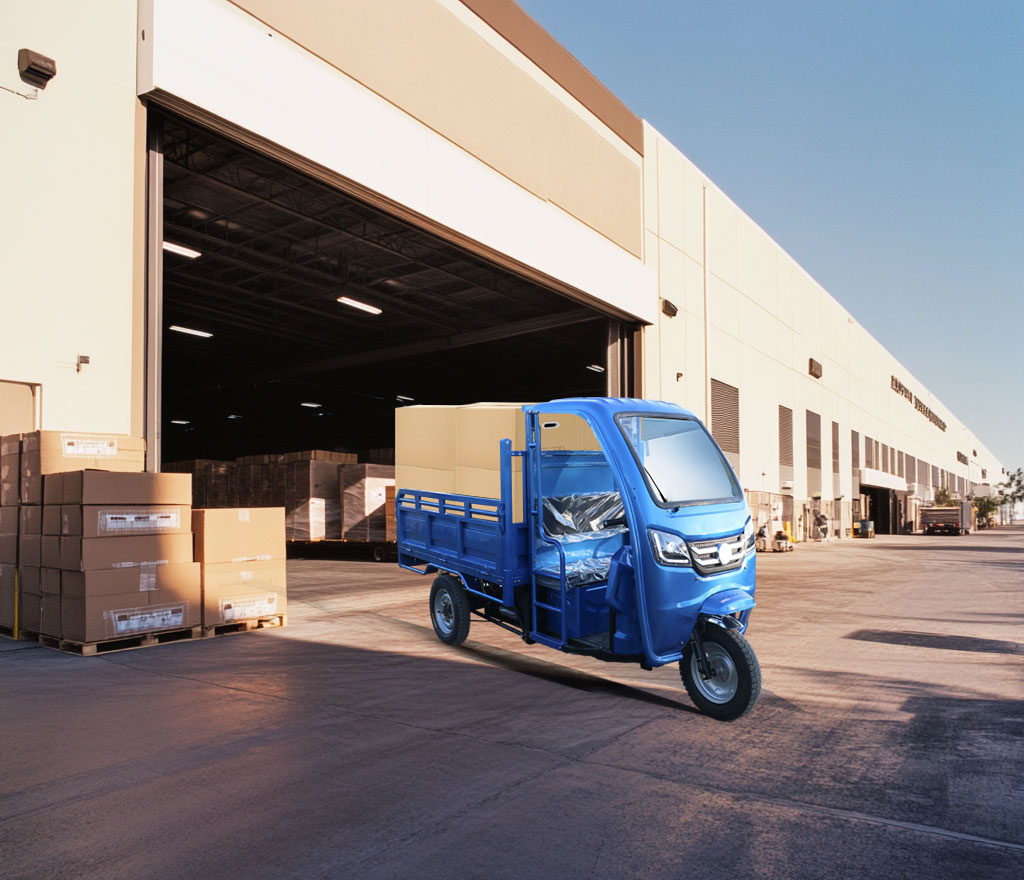The global electric rickshaw market is growing rapidly, driven by increasing demand for eco-friendly transportation solutions, rising fuel costs, and growing urbanization. Manufacturers, suppliers, and distributors are finding new opportunities to meet the changing needs of consumers and businesses alike. This article offers strategic insights into the electric rickshaw market, focusing on key trends, growth drivers, and opportunities for industry stakeholders.
Market Overview and Growth Drivers
The electric rickshaw market has seen consistent growth, largely due to a global shift toward sustainability and reducing carbon emissions. Several factors are contributing to this expansion:
- Environmental Awareness: As sustainability becomes a top priority for governments and consumers, electric rickshaws offer a cleaner alternative to traditional fuel-powered vehicles.
- Urbanization: Rapid urban growth has led to increased traffic congestion and pollution, making electric rickshaws an attractive solution for short-distance travel in cities. They are affordable, energy-efficient, and well-suited to both urban and semi-urban areas.
- Government Policies: Many governments are incentivizing electric vehicle adoption through subsidies, tax exemptions, and reduced registration fees. These policies make it easier for both individuals and businesses to invest in electric rickshaws.
- Cost Efficiency: Electric rickshaws offer lower operating costs due to reduced fuel consumption and fewer maintenance requirements. This makes them an appealing option for businesses and individual drivers alike.
Key Trends in the Electric Rickshaw Market
As the market continues to evolve, several trends are shaping the future of electric rickshaws:
-
Technological Advancements: Innovations in battery technology, motor efficiency, and overall vehicle design are driving the development of more reliable electric rickshaws. Lithium-ion batteries, for instance, are increasingly popular for their longer life cycles, faster charging, and lightweight design.
-
Customization: Manufacturers are developing models tailored for different market segments, including passenger, cargo, and special-purpose rickshaws. This allows businesses to cater to various needs, from urban commuters to delivery services.
-
Sustainability: Many manufacturers are focusing on sustainable practices and materials in their production processes. This trend aligns with growing consumer interest in eco-friendly products.
-
Smart Features: The integration of smart technologies, such as GPS tracking and real-time diagnostics, is becoming more common in electric rickshaws. These features improve fleet management for commercial operators and enhance the overall driving experience.
Challenges and Barriers
Despite the market’s potential, there are challenges that must be addressed to sustain growth:
- Battery Costs and Infrastructure: The cost of batteries, particularly lithium-ion, remains high. Moreover, the lack of widespread charging infrastructure, especially in rural areas, limits the adoption of electric rickshaws.
- Regulatory Complexity: The electric rickshaw market is subject to varying regulations across different regions. Ensuring compliance with safety and environmental standards can be a hurdle for manufacturers and distributors.
- Consumer Awareness: While electric rickshaws offer clear long-term benefits, many consumers are still unfamiliar with their advantages. Educating the market is essential to accelerating adoption.
Strategic Opportunities for Stakeholders
Manufacturers, suppliers, and distributors can capitalize on several opportunities within the electric rickshaw market:
-
Emerging Markets: Countries in Southeast Asia, Africa, and Latin America are showing increasing interest in electric rickshaws. Expanding into these regions can open new revenue streams for manufacturers and distributors.
-
Affordable Financing: Offering financing solutions, such as installment plans or leasing options, can make electric rickshaws more accessible to price-sensitive customers. This approach can boost sales, particularly in emerging markets.
-
After-Sales Support: Building a strong after-sales network can improve customer satisfaction and loyalty. Offering reliable maintenance and spare parts services is key to long-term success in the electric rickshaw market.
-
Government Partnerships: Collaborating with government agencies to support green transportation initiatives can lead to funding opportunities and large-scale projects. These partnerships can also increase brand visibility.
The QSD Advantage
One of the key players in the electric rickshaw market is QSD, a company with over 18 years of experience in producing innovative and durable electric vehicles. QSD has a presence in more than 30 countries and has sold over a million vehicles globally, making it a trusted name in the industry.
QSD’s commitment to quality is evident in every aspect of its manufacturing process. With a state-of-the-art production facility and a focus on high-grade materials, QSD ensures that its electric rickshaws meet international safety and performance standards. The company utilizes advanced technology such as robotic welding and laser cutting, which contribute to the reliability and durability of its products.
Moreover, QSD is constantly investing in research and development to stay ahead of market trends. Their R&D team consistently introduces new models, offering solutions for both passenger and cargo needs. This commitment to innovation makes QSD a key player in helping businesses meet the demands of an evolving market.
For businesses seeking to enter the electric rickshaw market, partnering with a manufacturer like QSD offers numerous advantages. QSD’s products are known for their durability, low maintenance, and long-term cost savings, all of which are crucial factors for both commercial and personal use.
Conclusion
The electric rickshaw market offers substantial growth potential for manufacturers, suppliers, and distributors. By staying informed of market trends, overcoming challenges, and seizing strategic opportunities, industry players can position themselves for long-term success.
For those looking to tap into the growing electric rickshaw market, partnering with established manufacturers like QSD can provide a competitive edge. With a strong focus on innovation, quality, and customer support, QSD is well-equipped to help businesses meet the increasing demand for electric rickshaws.
To learn more about QSD’s range of electric rickshaws and how they can support your business, visit www.qsd-ev.com.
Post time: Sep-07-2024

